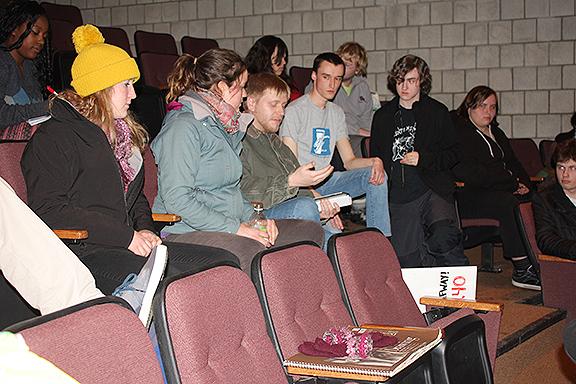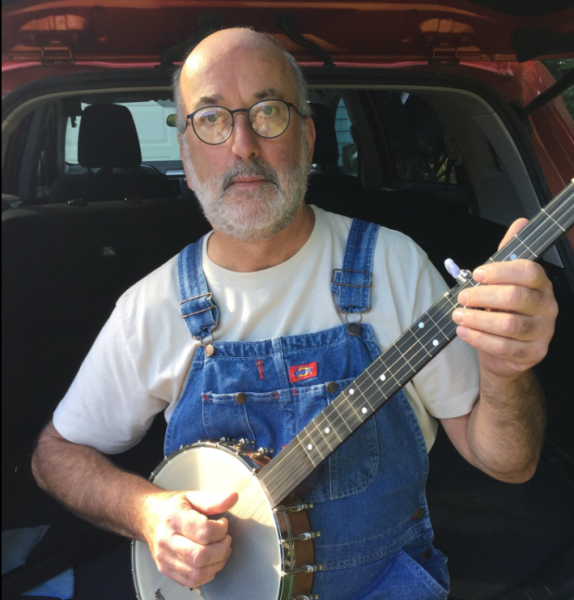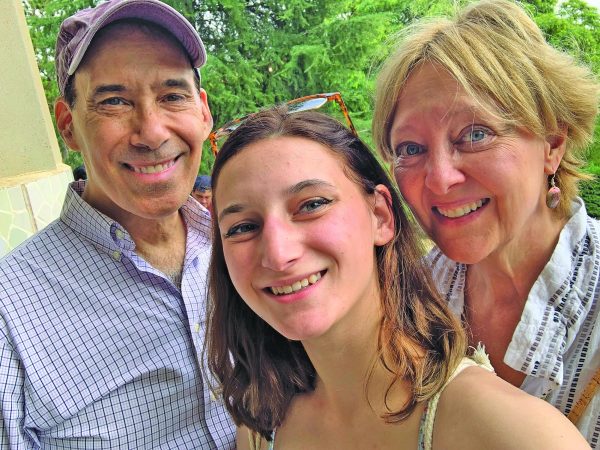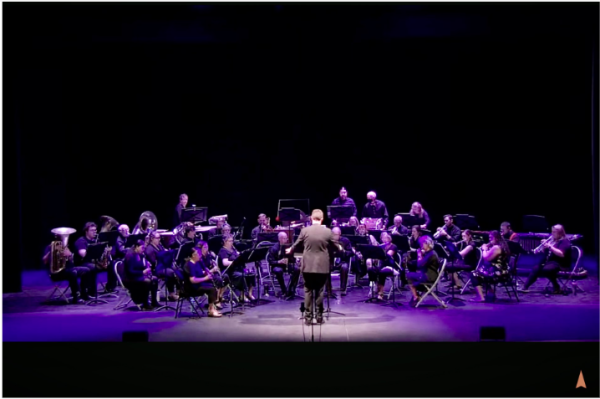JSC students voice concerns over impending tuition increase

Student-trustee member Colin Santee shows a crowd of Johnson State College students financial data on Vermont State Colleges Feb. 19.
“So basically if you are four years in debt you are paying $80,000 in debt,” Ben Watson, a Johnson State College senior, said Wednesday, Feb. 19, voicing the frustration of many students. “Here we have a system that has an administration, they have a business department, they have faculty, and they have a financial committee to help them sort out their issues of being in debt around close to a million dollars. Yet we have individuals graduating from here that are one person; we don’t have financial committees, we don’t have an administration to help hold together money or pull together funds …”
I’d like to see the board of trustees and the chancellor focusing more on pressuring the state and getting students empowered enough to have a voice.
— Liz Beatty-Owens
The Vermont State Colleges board of trustees met and voted Feb. 20, casting out a proposal to freeze tuition increases and instead approving a 3 percent tuition increase for 2014-2015 academic year. The night before, however, students gathered at a session led by Student Government Association President Nasser Abdel-Fatah and Colin Santee, the student representative on the VSC board of trustees, to discuss their feelings on the looming tuition increase proposal.
Santee made it clear that he wanted to hear the students’ thoughts on the matter to take into consideration when voting on whether to approve the tuition freeze but that he was not representing the board by being there.
He and Abdel-Fatah also made it clear that the tuition increase was to meet a gaping deficit all Vermont State Colleges are facing.
“All of the schools, including CCV, would be in the deficit at a zero percent increase,” said Santee. “It doesn’t get until 3 percent where CCV and then Castleton, Lyndon are close –meeting their projected deficit – but there would still be little bit of a deficit. And that’s with a 3 percent increase.” Johnson, he said, would need a 4 percent increase.
Abdel-Fatah said that if tuition were not raised, the college would have to make adjustments.
“Cuts, in other words,” said a student from the crowd.
Program cuts have had an impact on some JSC students already, and Mina Ganguly-Kiefner objected to the idea of further cuts and also to the proposal of a tuition hike. “I kind of feel like students are constantly getting punished for going to school and getting an education… I mean, I’m barely scraping by.”
She briefly described how her boyfriend’s job at Dibden is in jeopardy due to budget cuts and that may keep him from being able to return to JSC. “There have already been so many budget cuts and I feel like as students who are going here …that pushing us even further than they already have is just punishing us for getting an education. I can’t do 3 percent.”
Other discussions were sparked by the fact that as a state college, it is supposed to be “substantially funded” by the state, as declared in 16 V.S.A. 2171. Also brought up was the bill S. 40 that is being pushed to get Vermont Legislature to return to 1980’s funding levels, which amounted to 51 percent of VSC’s revenues.
“I’d like to see the board of trustees and the chancellor focusing more on pressuring the state and getting students empowered enough to have a voice,” said JSC senior Liz Beatty-Owens, a politically active student. Increasing tuition or whittling away at programs at the college, she said, is the easy way out.
Although none of the students said they were glad there may be an increase, some students said they were willing to make concessions. Ganguly-Kiefner said a 1 percent raise would be doable, and Beatty-Owens said she’d happily pay the 3 percent raise – if she knew for sure that the money would be going to ensure a livable wage for faculty and staff at JSC.
“We keep cutting full-time faculty members and replacing them with part-time who don’t get benefits and don’t make a livable wage,” she said. “The people we interact with most on this campus get the least amount of money.”







